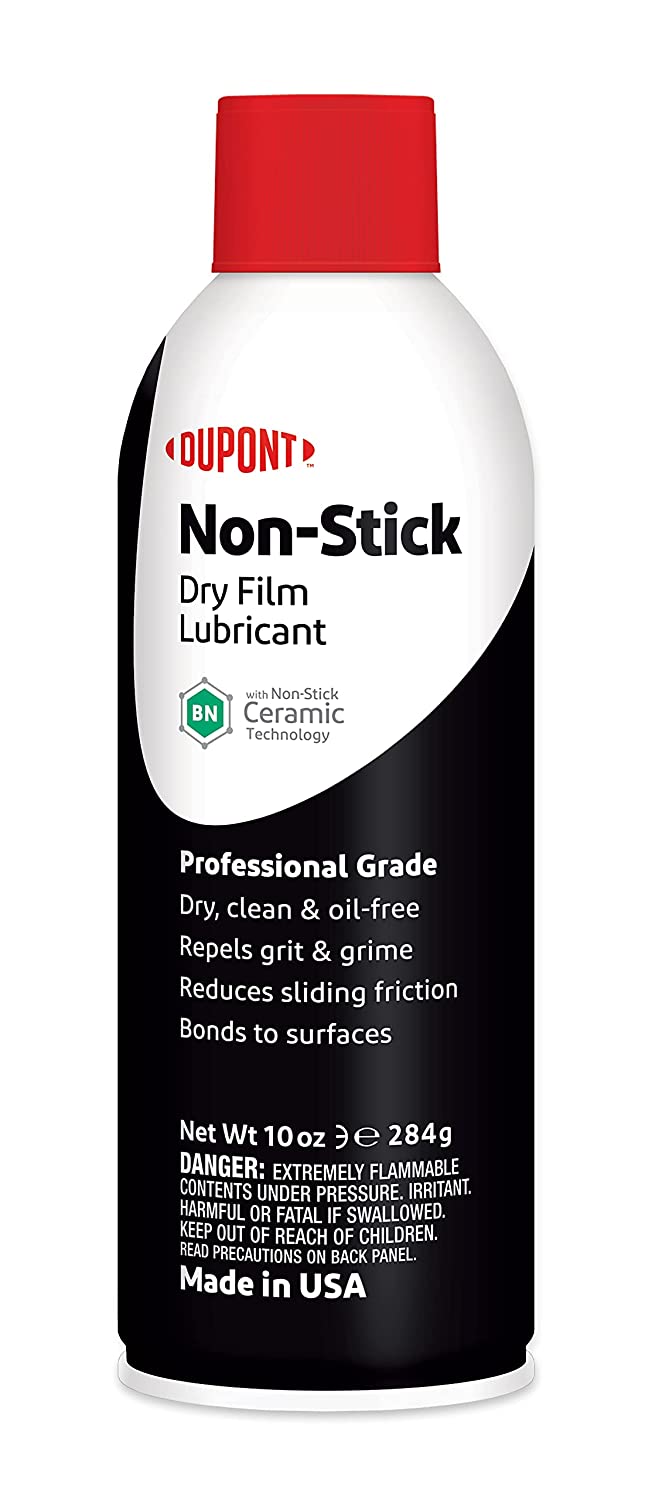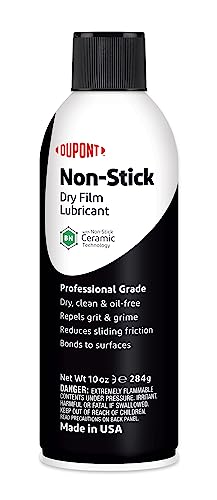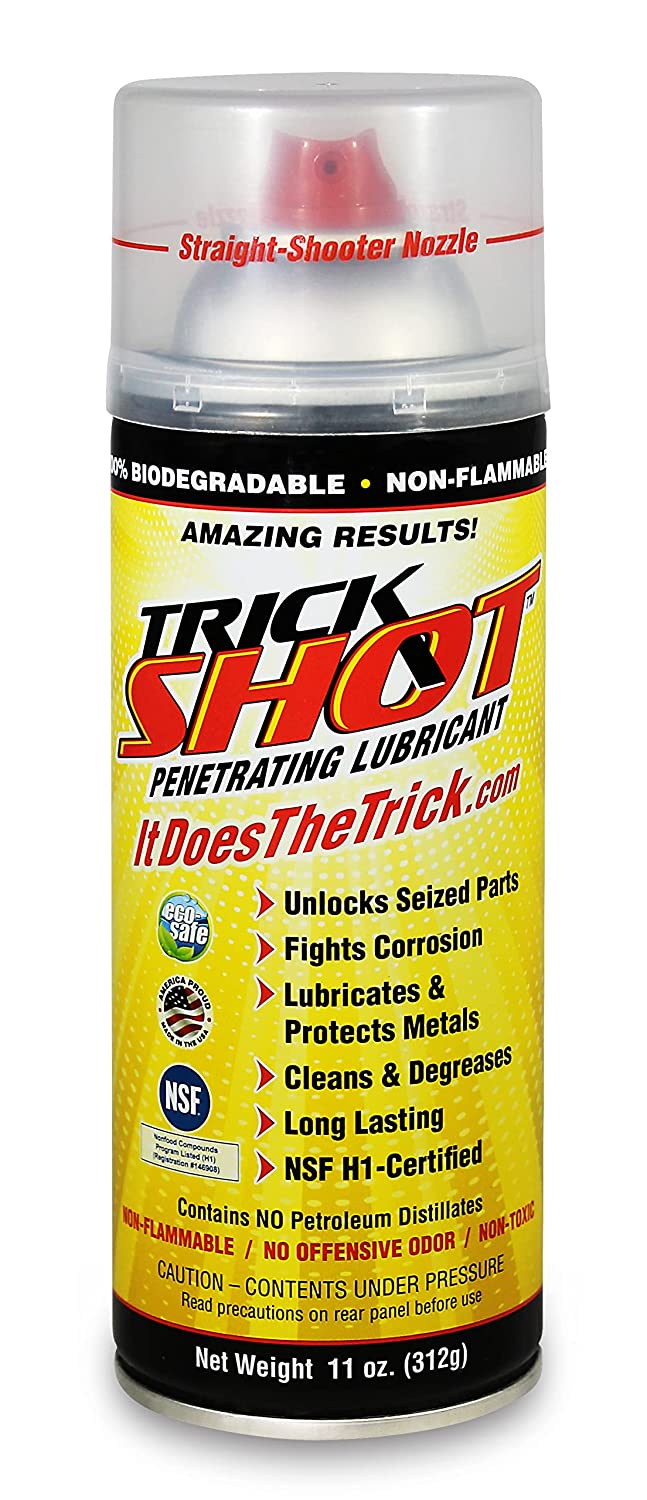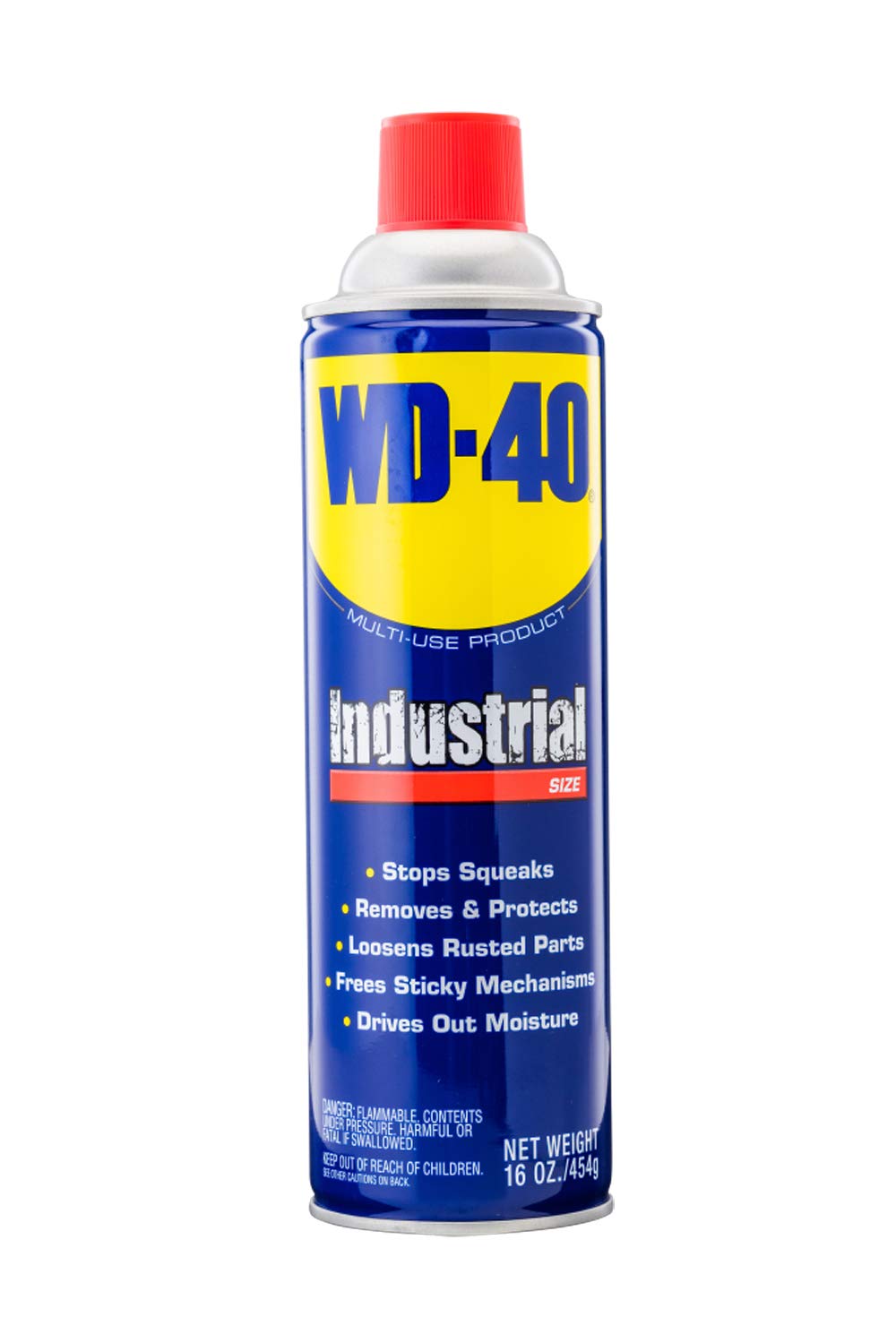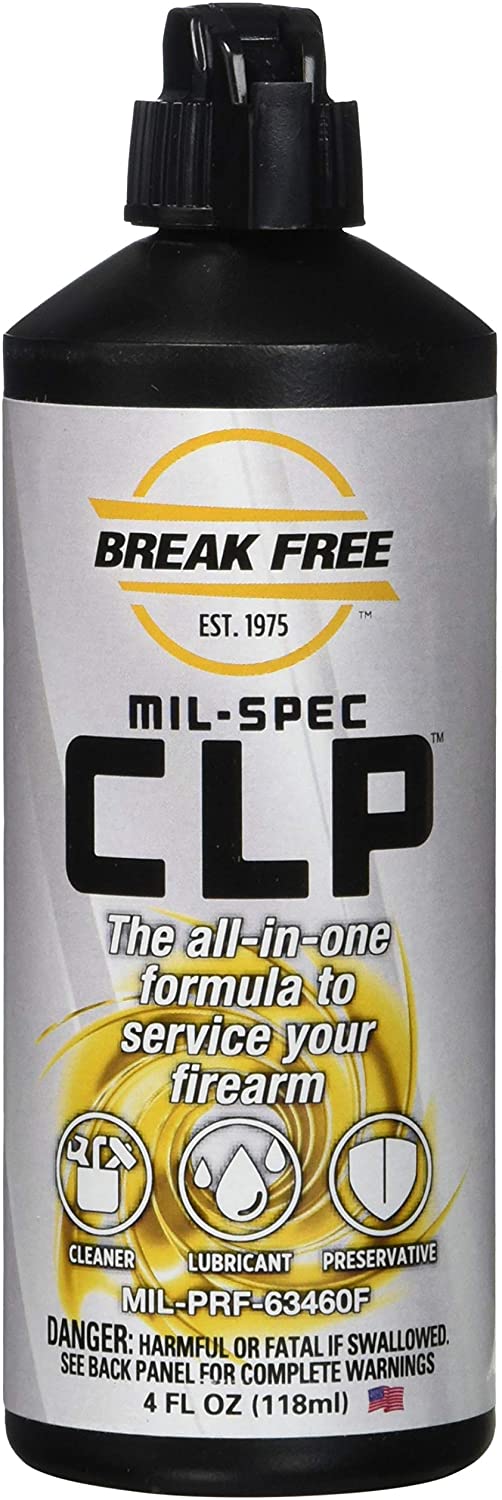CZC AUTO Weatherproof Hitch Carrier Bag Auto Cargo Management
Last updated: August 5, 2023
We looked at the top Industrial Lubricants and dug through the reviews from some of the most popular review sites. Through this analysis, we've determined the best Industrial Lubricant you should buy.
Product Details
In our analysis of 15 expert reviews, the DuPont Non-Stick Dry Film Dirt-Resistant Industrial Lubricant placed 6th when we looked at the top 6 products in the category. For the full ranking, see below.From The Manufacturer
DuPont® Non-Stick with Teflon® Fluoropolymer is a unique dry-film lubricant made of 100% Teflon and surface binding agents. Dry lubricant will repel abrasive contaminants while lubricating. Formulated with Teflon for longer lubricant life, enhanced wear protection, better high and low temperature range and increased resistance to water. Use on surfaces requiring a dry, non-oily, non-staining, silicone-free film. Effective from -100°F to 480°F (-73°C to 250°C). Use on cutting surfaces such as saw blades, drill bits or on flat surfaces such as table saws. Works to lubricate tight tolerance gears or flat sliding surfaces such as treadmills.
